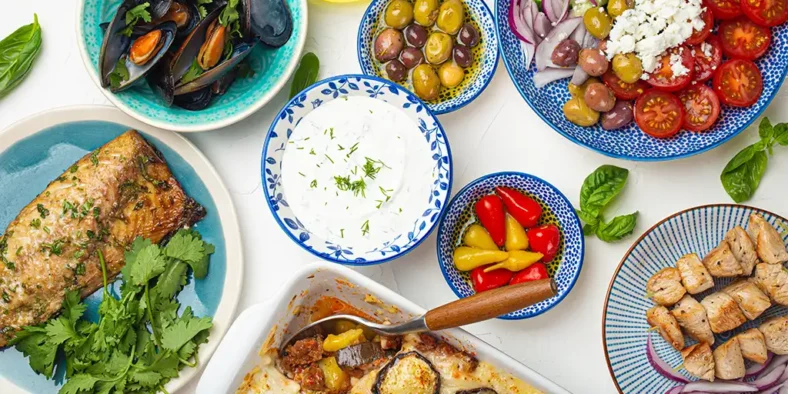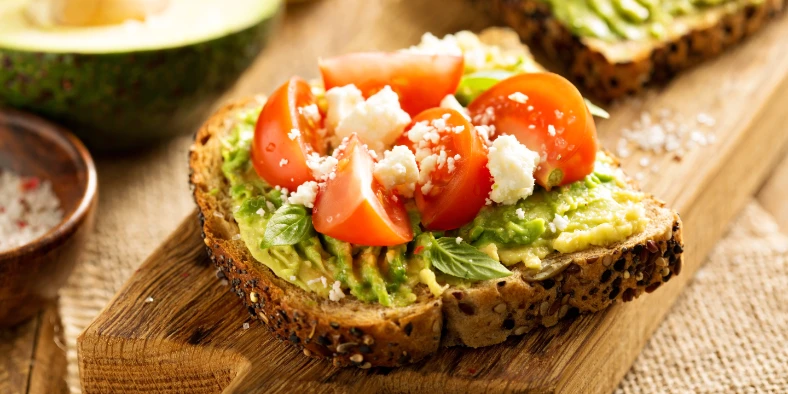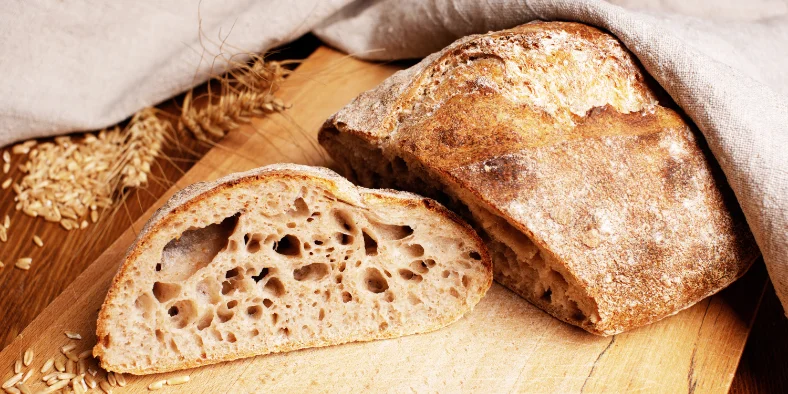Introduction
As a chef, keeping up with food trends and changing customer preferences is essential to staying relevant. Greek cuisine, which has been around for thousands of years, is currently experiencing a major revival across the UK. From street food stalls serving gyros to high-end Greek restaurants, the popularity of Greek food is growing rapidly.
Greek restaurants and takeaways are opening up all over the country, driven by a shift toward healthier eating, food tourism, and the power of social media showcasing its vibrant dishes. Taste Atlas, an online food resource highlighting traditional dishes from around the world, recently rated Greek food as the best in the world for 2024-2025.
Greek cuisine offers something for everyone, including plenty of plant-based options such as grilled vegetables, lentil soup, tzatziki, and fava (yellow split pea purée). As diners move away from fine dining towards unpretentious, wholesome food, the rise of Greek cuisine is well-timed. Celebrity chefs like Tonia Buxton and Irini Tzortzoglou have also played a key role in promoting Greek food in the UK.
According to market research company Euromonitor International, the Greek food market has seen a compound annual growth of 4.5% between 2019 and 2024. This steady rise suggests that Greek cuisine is not just a passing trend but a lasting part of the UK’s food scene.
Historical Roots and Modern Influence
Greek cuisine has a history stretching back over 4,000 years and has been shaped by the country’s geography and neighbouring cultures. Influences from Ancient Greece, Byzantium, Turkey, and the Balkans have all contributed to its development.
For example, the Aegean islands are close to Italy, which led to the creation of pasticcio – a baked pasta dish layered with meat sauce and béchamel, similar to lasagne. Meanwhile, baklava, made with filo pastry, butter, honey, and nuts, has Ottoman origins, and houmous can be traced back to the Levant.
The Health Factor
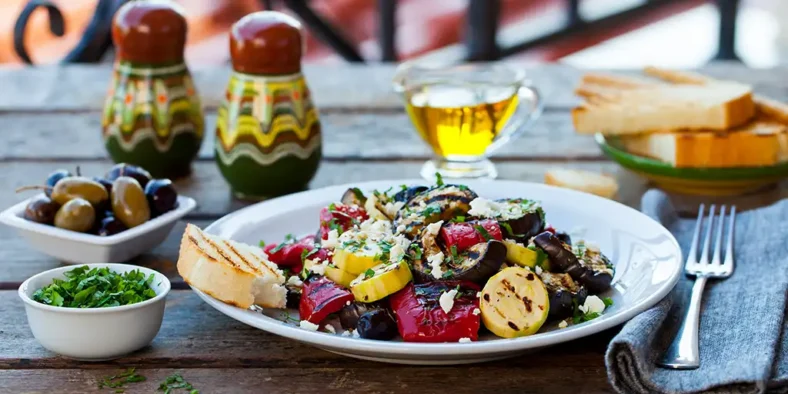
There is growing interest in healthy diets, and the Mediterranean diet is widely regarded as one of the best in the world. Greek food places emphasis on fresh, local, and seasonal produce, with key ingredients including pulses, vegetables, olive oil, wild greens, herbs, lemons, goat and sheep cheese, live yoghurt, and small portions of fish and meat.
The island of Ikaria in Greece is recognised as a Blue Zone – a region where people live longer than the global average. The residents benefit from a diet rich in vegetables, legumes, and olive oil, as well as an active lifestyle and strong social connections. The Blue Zones documentary series, which was among the most-watched programs last year, has inspired people worldwide to seek out healthier food options, including Greek cuisine.

Even Greek street food options like gyros and souvlaki offer healthier alternatives to traditional doner kebabs. Gyros typically feature pork, chicken, or lamb cooked on a vertical rotisserie, served in pita bread with fresh vegetables and sauces. Souvlaki consists of skewered and grilled marinated meat, served with pita or rice. Compared to many doner kebabs, these dishes often use fresher, higher-quality meats with less processing and lower fat content.
Modern Greek Cuisine Trends

Chefs are reinventing ancient recipes with modern twists. At Oma in Borough Market, the classic spanakopita (a filo pastry pie filled with spinach and sheep’s cheese) has been reimagined. Food critic Giles Coren gave their deconstructed spanakopita high praise in The Times, calling it a “stop the clock moment.”
Spotlight on Greek Cuisine in the UK

Greek restaurants are flourishing across the UK. Fish to Gill in London, known for its sustainability focus, and Kima, a seafood-focused restaurant from the team behind Ospo, are two examples of how Greek cuisine is being showcased in exciting ways.
Kima follows a “use all, waste not” philosophy, turning fish bones into broths, grilling fish heads to enjoy the cheeks, and smoking fish tails to serve as a shank.
For those looking for a more casual dining experience, The Real Greek chain, backed by the team behind Franco Manca, continues to expand across the UK. They even launched a range of Greek-inspired ready meals in Tesco last year, further demonstrating the growing mainstream appeal of Greek food.
Greek Cuisine’s Social and Interactive Nature
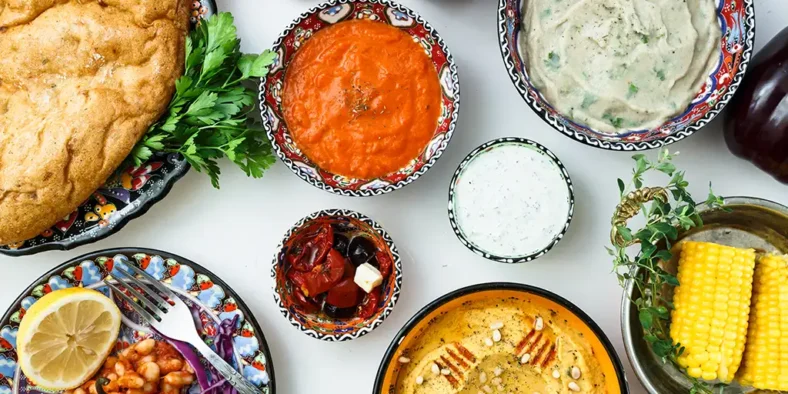
Greek restaurants are known for their warm, welcoming atmosphere, making them popular with diners who appreciate a communal dining experience. A key part of Greek cuisine is the tradition of sharing food, particularly through mezze – small plates designed to be enjoyed together. These can include dishes like tzatziki, dolmades, and grilled octopus, turning a meal into a social event.
Conclusion
Greek cuisine is more than just a trend – it represents a rich history, a focus on healthy eating, and a culture of communal dining. As more people discover its fresh ingredients and balanced approach to eating, Greek food is becoming a staple in households and restaurants alike.
Whether it’s a gyros from a street vendor, a meal in a Michelin-starred restaurant, or a traditional taverna experience, Greek cuisine offers a satisfying and wholesome way to eat.



